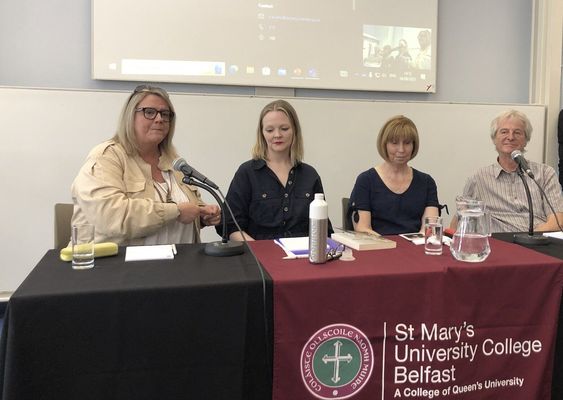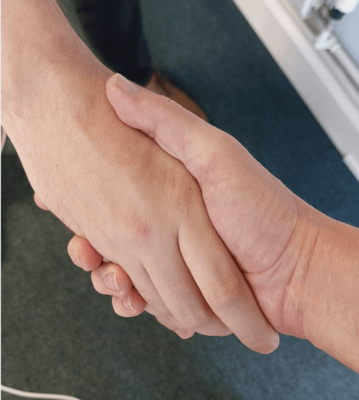RECENTLY, the High Court ruled that exclusive Christian religious education taught in primary schools is a breach of human rights and unlawful. I found it interesting hearing the different reactions to this news.
On one hand, people voiced their relief, stating that religion should be kept completely out of our schools. Yet, on the other hand, many Christians voiced their concerns as they feel their faith and values are being eroded.
I grew up in the era of school assemblies being dominated by Christianity, which included singing hymns and saying the Lord’s prayer. I confess I didn’t give it much thought, simply because it was all I knew. However, I do remember a few pupils from other faiths skipping assembly each morning, and instead being ushered into a separate classroom until the service finished.
As I have got older, and certainly as a Christian minister, I have come to understand, and respect that not only are there other religions, but there are also people with no faith. I now seek to embrace inter-faith friendships, and I have the honour of serving on the Northern Ireland Inter-Faith Forum.
Exclusively Christian-focused religious education taught at primary schools in Northern Ireland is unlawful, the High Court rules https://t.co/uxYEfMutlR
— BBC News NI (@BBCNewsNI) July 5, 2022
Looking back at my school years, I wish I had had the opportunity to learn about other faiths and cultures, not because I doubted my own faith, but because I think it helps us to create a society that champions respect and tolerance.
I don’t feel this High Court decision in any way diminishes my faith, but rather it widens the scope for our children to not only learn, but also to respect others from all walks of life. Fighting to make Christianity a dominant religion/faith is not the way of the gospel. Jesus crossed all barriers, including barriers of religion.
He never imposed the gospel on anyone. Instead, He exampled what it means to live as neighbours.
One of my favourite authors, Brian McLaren, states that when it comes to inter-religious friendship and collaboration “the tendency is to either focus on the big differences between them or to proclaim that all religions are the same.”
He goes on to say: “The truth is, we are very different. Our biggest problem, though, isn’t our differences, but rather we build our religious identity by enforcing hostility toward the other.”
Friends, in order to create a tolerant home, we must be willing to respect people of different faiths and none.
Embracing others and creating friendships is the way forward. I think we have a great opportunity to enrich our curriculum, so that our precious children can learn about other cultures and faiths, and so no-one feels excluded.









